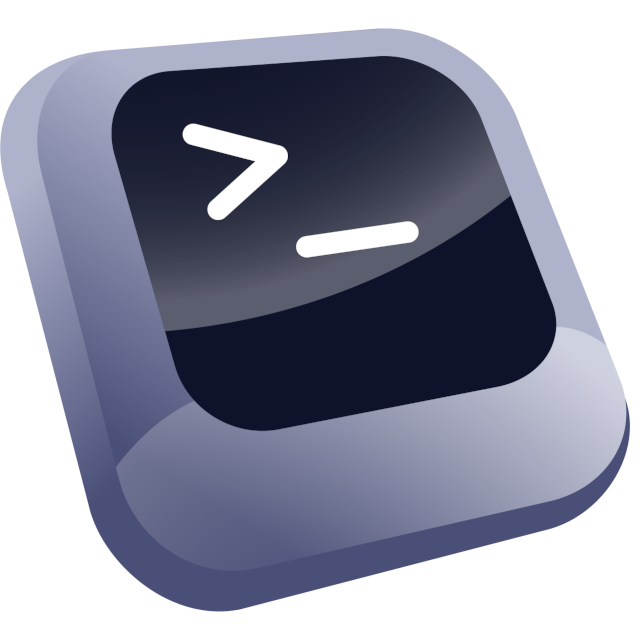There's nothing specific about our use case with Oracle Linux.
It's pretty much in terms of any other Linux, so there's nothing too great that Oracle Linux can flex on. It's just a typical Linux.
Other than that, I don't see any other positive impacts from a sole purpose of Linux. Something out of the box that other Linux providers are not providing, I don't see any such thing in Oracle Linux.
When I mention our workload is reduced because it's managed and optimized, it is approximately 80 to 90 percent of our workload is reduced because Kubernetes also releases frequent updates. You don't have to migrate to a new one; when you're migrating, it's pretty quick. All the security patches are handled by Oracle. The newer updates are provided by Oracle, and you don't have to test it. You will need to do some rounds of testing, but way less than managing your own Linux.
It's pretty much optimized for their Kubernetes engine. That's the whole point. So it's pretty good when you are in their ecosystem and you're using their own Linux. But when it comes to Linux, I do feel there are way better options to choose from instead of Oracle Linux.
I don't have much info on the security perspective because I don't handle that. But whatever I have seen, there's not much work that my organization does from a security standpoint for managed Oracle Linux.
We are in the Oracle ecosystem, so I haven't felt any hiccups integrating Oracle Linux with their services because they own the environment. I haven't seen such hiccups where their own service is not able to integrate smoothly.
I haven't gone through Oracle Linux documentation specifically, but Oracle docs are a little bit messy and a bit difficult to find, sometimes even ambiguous.
The same command line system prompts that you would give to Amazon Linux are applicable, so the migration was pretty smooth when we went from Amazon Linux to Oracle Linux since we were changing the cloud providers.
Specifically for Oracle Cloud Infrastructure, if you want cheap compute and you want to run some non-impacting workloads and batch workloads, I think that is where OCI would shine where you would be reducing costs significantly.
I would rate this review as an 8 out of 10.
